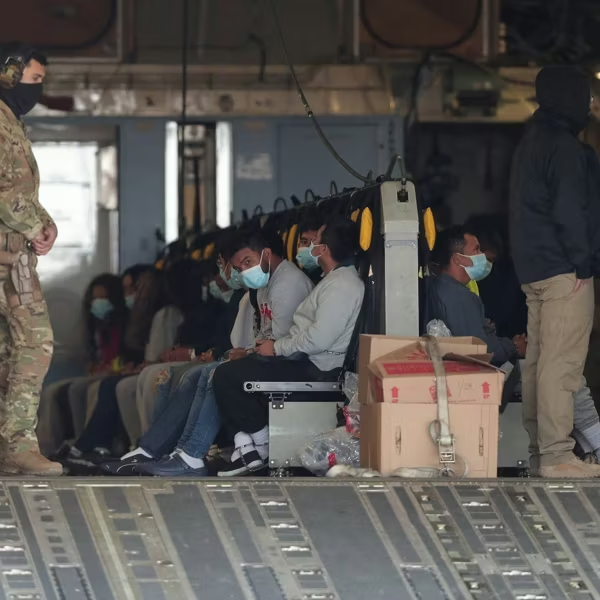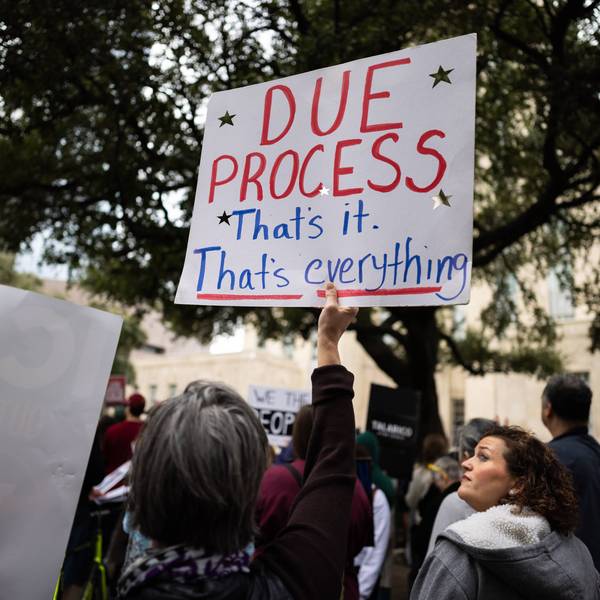Former Guantanamo Bay official Richard Zuley, who led "one of the most shocking acts of torture ever conducted" at the military prison, spent 25 years as a notoriously brutal Chicago detective, a new investigation by the Guardian published Wednesday has revealed.
From 1977 to 2007, Zuley used torture, threats, and abuse to elicit confessions--at least one proven false--from his suspects, the majority of whom were not white, the Guardian reports. As a detective, Zuley's tactics included:
- Shackling suspects to police-precinct walls through eyebolts for hours on end;
- Allegedly planting evidence when there was pressure for a high-profile murder conviction;
- Threatening to harm family members of those under interrogation, as a point of leverage;
- Pressuring suspects to implicate themselves and others;
- Threatening the death penalty if suspects did not confess.
In 2013, state's attorney Anita Alvarez made a landmark decision to free a man who had confessed to murder in 1990 during one of Zuley's investigations. Lathierial Boyd, in prison for 23 years, accused Zuley of planting evidence and withholding key details in order to secure a conviction against him.
Zuley was similarly brutal at Guantanamo, where his techniques were "supercharged." He was in charge of the torture of a detainee named Mohamedou Ould Slahi, who wrote in his memoir that he made false confessions. According to the Guardian, "After Zuley took over in July 2003, Slahi was subjected to even more extreme interrogation tactics: multiple death threats, extreme temperatures, sleep deprivation and a terrifying nighttime boat ride in which he was made to believe that worse was in store."
The Guardian continues:
"I've never seen anyone stoop to those levels," Stuart Couch, a former Marine lieutenant colonel and military commissions prosecutor, said of Zuley's interrogation of Slahi. "It's unconscionable, from a perspective of a criminal prosecution--or an interrogation, for that matter."
Mark Fallon, deputy commander of the now-shuttered Criminal Investigative Task Force at Guantanamo, said Zuley's interrogation of Slahi "was illegal, it was immoral, it was ineffective and it was unconstitutional." It is unknown if Zuley interrogated other Guantanamo detainees.
The investigation comes amid heightened scrutiny over police brutality and racial profiling in the U.S. Former police commander Jon Burge, who was also notorious for torturing suspects, who were also majority black, was recently released from prison after a four and a half year sentence--for perjury. His victims have yet to receive reparations.



